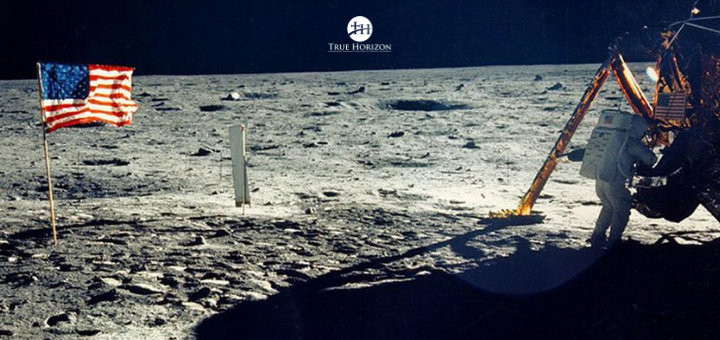New Atheist Rebuttals (4)
 On My (Qualified) Agreement With Sam Harris
On My (Qualified) Agreement With Sam Harris
To restate from the last post on this topic …
Assertion: Sam Harris was compelled to pen The End of Faith on September 12, 2001 and wrote his Letter To A Christian Nation a few years later. He is one of a growing number who equate the travesties perpetrated by Muslim terrorists with anyone who claims what he calls a “rigid” religious view. Rigid thinkers are dangerous in this world because they become too extreme.
Keep that idea in mind as you consider some points of agreement that Harris claims to share the hard-core “Christian right.” In summary, Harris agrees that (p. 3-4) …
- If one of us is right, the other is wrong.
- The Bible is either the word of God, or it isn’t.
- Jesus offers humanity the one, true path to salvation, or he does not.
- True Christians believe that all other faiths are mistaken and profoundly so.
For all the relativists out there I want to point out that Harris, like me, appears to believe in the existence of objective truth. That being the case, we each must admit that one of us is right and one of us is wrong. It has to be so. We cannot hold completely contradictory views and both be right.
In other words, in taking the opposite view of the nutty Christians, Sam Harris is actually admitting to hold some “hard-core” beliefs himself — beliefs that are exactly contradictory, and just as rigidly held, as those of his Christian opponents. He demands that Christians are wrong, that the Bible is not the word of God, that Jesus in not the one true path to salvation etc. In short, Sam Harris has described himself as a rigid thinker who, according to his own allegations, must also be dangerous.
My only beef with Harris is that he holds Christians in contempt for having the audacity to think they are right about the way they see the world, while he is doing the exact same thing.
Bottom line — Christianity may be true or false. We can debate the evidence (and we will). But whether it is true or not, the fact that Christians actually believe it to be true is not the problem. It is not a badge of honor to be wishy-washy. And it is not a prelude to oppression and violence to hold to concrete beliefs. It all depends on what those beliefs are, whether there is evidence to support them, and whether or not they comport with the way the world actually is. Harris cannot condemn religious belief until he first compares the nature of the religion, the worldview it creates, and the actions that result from its adherents.
Belief is not the problem. What matters is what one believes. That is what makes one dangerous. Those who actually practice Biblical Christianity should pose no threat to anyone. Conversely, following atheist ideas can be brutally dangerous to those with whom the atheist comes in contact. It goes both ways. But the simple act of actually believing something says nothing about whether or not it is true, or whether or not it is “dangerous.”
This becomes important later when we consider the problems Harris has with our “Christian Nation.”





